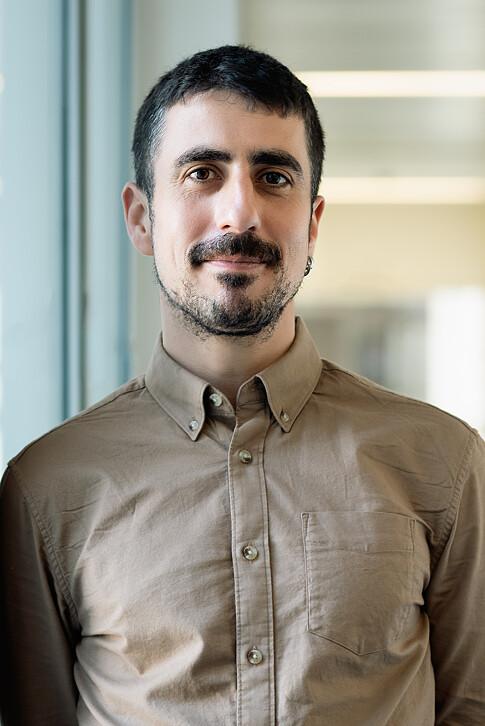TED RUBCOOL
Mechanocaloric refrigerators based on natural rubber (RUBCOOL)Refrigeration is key to our modern lifestyle. It is used in both domestic and industrial applications, from food and medicine preservation and data centre cooling to transport and building cooling.
Around 80% of refrigerators make use of the vapour compression cycle (VCC), account for 15% of global electricity consumption and account for 8% of total greenhouse gas emissions.
Replacing these harmful refrigerants could reduce greenhouse emissions by 3%, with a direct positive impact on the environment.
The problem of keeping our planet cool without increasing greenhouse emissions is an extraordinary challenge.
While low GWP gases such as classical ammonia, carbon dioxide or newly synthesised hydrofluoroolefins (HFOs) are already in use, they pose an urgent need to develop new environmentally friendly materials and technologies because of new problems such as flammability, toxicity or high operating pressures.
The caloric properties of rubber have been known for many years. Contrary to most caloric materials, rubber is deformable with small forces, cheap and can be bio-based. It could simultaneously solve some of the major engineering and sustainability problems of artificial cooling.
Given the urgency imposed by climate change, efforts need to be stepped up to develop a proof of concept to turn the promised performance into reality in more environmentally friendly cooling applications.
TED RUBCOOL is a coordinated project between two research groups of the UPC and one of the UB:
- Materials Characterisation Group – GCM (UPC)
- e-Plascom – Ecological Plastics and Composites (UPC)
- Functional Materials and Phase Transitions Group (UB)
The overall objective of the project is to make important steps towards the development of alternative technologies to the vapour compression cycle, which are more efficient and avoid the use of high GWP fluids.
The aim is to design and build devices for cooling from ambient temperature based on the barocaloric and elastocaloric effect using natural rubber or derivatives as solid state refrigerants.

The potential societal impact of this project encompasses benefits ranging from health to well-being at the individual level, as well as the preservation of societies and ecosystems.
Improved long-term access to efficient cooling, and improved quality of life.
Great potential for improved energy saving measures.
Economic accessibility favoured by low raw material prices.
functionalmaterials@ub.edu
Project team

Eduard Vives Santa-Eulalia
Principal Investigator (PI) / Coordinator

Lluis Mañosa Carrera
Principal Investigator (PI) / Coordinator

Antoni Planes Vila
Researcher

Enric Stern Taulats
Researcher
Work team

Eduardo Mendive Tapia
Work team

Marcel Porta Tena
Work team
Featured publications
Nicolas Candau, Adele Zimmy, Eduard Vives, Maria Lluïsa Maspoch
Elastocaloric Waste/Natural Rubber Materials with Various Crosslink Densities
Polymers 15, 2566 (2023)
Nicolas Candau, Eduard Vives, Ana Inés Fernández, Oguzhan Oguz, Guillaume Corvec, Carlos Eloy Federico, João Paulo Cosas Fernandes, Gregory Stoclet, Maria Lluïsa Maspoch.
Observation of heterogeneities in elastocaloric natural/wastes rubber composites.
Express Polymer Letters 16, 1331–1347 (2022)
Nicolas Candau, Eduard Vives, Ana Inés Fernández, Maria Lluïsa Maspoch.
Elastocaloric effect in vulcanized natural rubber and natural/wastes rubber blends.
Polymer 236, 124309 (2021)



